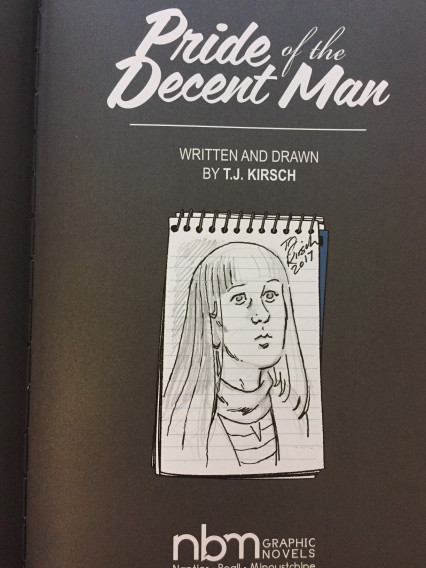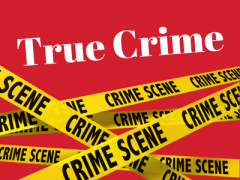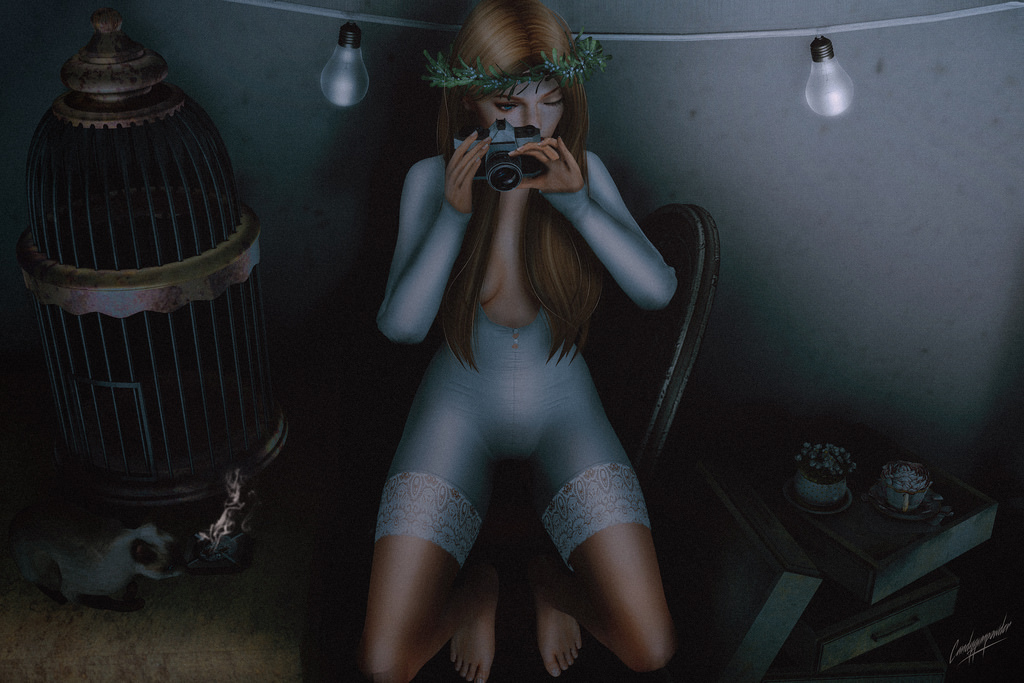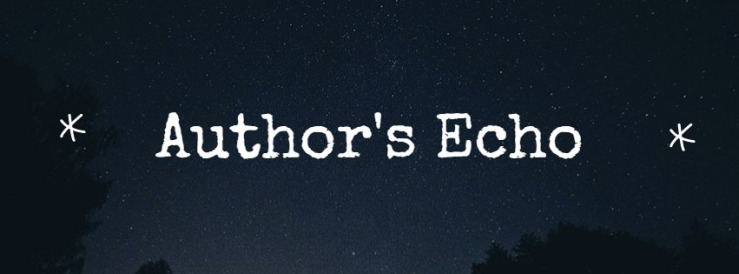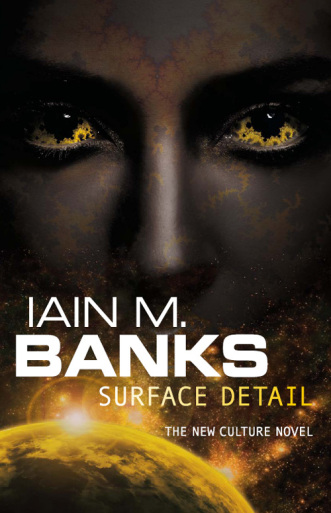 It’s been a while since the last Banks novel, so I figured I’d keep working my way through them. And it’s sometimes nice to have something to read that you know you’re going to get on with, rather than a mystery book. Not that I’ve been sparse for decent books recently, but the other one hanging over me, half-read, The Vorrh… I’m not really enjoying so I keep putting it off. that said, I expected to plough through this much quicker than I did. The other Banks books I’ve read have sped by, because you just can’t put them down… this one… well, I definitely needed to get into it before I really got on with it.
It’s been a while since the last Banks novel, so I figured I’d keep working my way through them. And it’s sometimes nice to have something to read that you know you’re going to get on with, rather than a mystery book. Not that I’ve been sparse for decent books recently, but the other one hanging over me, half-read, The Vorrh… I’m not really enjoying so I keep putting it off. that said, I expected to plough through this much quicker than I did. The other Banks books I’ve read have sped by, because you just can’t put them down… this one… well, I definitely needed to get into it before I really got on with it.
But when I did get into it, it was definitely worth it. I was struggling to put it down, the last few days. And then… well, the ending (spoilers in the footnote*). It got 4 stars on Goodreads from me, but it was 4 it grew into, and definitely not in the top bracket… probably alongside Matter, among Banks novels.
What distances Surface Detail from the other Culture novels, and the notable thing I’m going to talk about (since most of the basic scaffolding of the novel is your standard Banks decent writing, plotting, world-building) is the fact that we move away from Special Circumstances, the bit of the Culture we tend to focus on in all the other books. We pull back slightly, and see Contact (of which Special Circumstances is a part) as a broader entity, doing other things than just allowing SC to exist. Specifically, we meet two new branches – Numina, Restoria and Quietus. Numina and Restoria come up in passing (Numina deals with sublimed entities and Restoria with a kind of menace called a hegemonising swarm), but Quietus is somewhat the focus of the novel, and leads to us looking at a different aspect of the Culture that we haven’t really previously experienced – death.
I think it’s been hinted at before, but never really mentioned in the novels, that death isn’t quite just that in the Culture. And now we find out more. There are digital afterlives that one can be uploaded to, and people in those afterlives can be given back a body (“revented”). Quietus (the Quietudinal Service) is the branch of Contact that has purview over all of these people, and any legal issues that arise from them. And that thread – in two halves – is the main focus of the story. We have a member of Quietus, Yime, and the revented soul of a non-Culture member, Lededje, who was murdered and wants revenge on her murderer, but was revented a long way away from the world she died on, not even knowing she could expect anything after her death. What this means is not only do we get that insight into how the Culture deals with death, but more of how it deals with non-Culture citizens outside of the… less than diplomatic paths taken by Special Circumstances… which is really important. It breaks the pattern of Banks’ portrayal of the Culture, without really changing anything, we just see a new side that fits well with everything we know, but explores something else entirely.
He also weaves in more threads, I think, than in any of the other Culture novels I’ve read. Which is part of why the book is so good, and part of why it took so long to get into. With your interest spread that thinly, it’s much harder to get a grip on why you’re meant to care about each character. You get there eventually with most of them, but it just takes a bit more time than is his usual.
And then there’s my big issue with the book – we actually have what you could consider a Bad Guy. Which… is kinda new? And I’m not sure I like it. We’ve definitely had the people we sided with, the people we liked or didn’t, before, but never really a clear cut moral bad and good in quite the same way. Different factions, more. But Joiler Veppers can be nothing if not a baddie. And somehow, Banks has thrown subtlety out of the window for this one. Where he normally excels at balance, with Veppers, it’s just let’s turn all the evil dials up to eleven. He’s a super-rich, super-powerful, arrogant businessman with a penchant for rape, cruelty and violence. He gets no redeeming feature, no complexity – he’s just the worst thing a person could ever possibly be. And a caricature, beyond that. And that’s just slightly disappointing, because I’m used to Banks being better than that.
All the other characters are varied, fascinating and charming. They have their complexity and their motives and their confusions. But you have that little bit of villain in the background always, and it nags. And that’s why the book wasn’t going to get full marks from me.
That being said, it’s just a nag, not a full blown massive issue. Banks continues to Banks, and I remain entirely happy to keep reading his books. It’s not exciting, but it is true.
Next up… who even knows. I just had a birthday so my reading pile is ENORMOUS. It is two piles, both of them precarious. So we’ll have whatever I feel like next out of that… possibly a graphic novel, because I got some really exciting ones in there (particularly notably, Monstress Volume 1(Hugo winner) and Henchgirl (which just looks cool)) and I want something that won’t take me most of a month to finish.
*SPOILERS (for this and for Use of Weapons).
I have got used to everyone talking about the Culture novels as not being related. Apart from Consider Phlebas and Look to Windward. But the rest? Nope. Can read any of them standalone. All fine. Not a series. And that’s essentially true. This book totally made sense without any of the others… right up until the last page, and its big reveal. I can only imagine that would have been confusing and disappointing, had I not read Use of Weapons. Since I have, they revealed that Vateuil was “Zakalwe” all along, and it was great. I may have messaged “OMG HE WAS ZAKALWE” to boyfriend sat downstairs (he was there when I finished Use of Weapons and just shouted “FUCK!”). But I think the new reader would miss a lot by not getting this reference… not just by not knowing who “Zakalwe” is, but not knowing that the concept of the reveal, and of him being – and thinking he is – someone he isn’t is so intrinsic to another book in the series. It casts the whole of Vateuil’s arc in an entirely different light, which made finishing the book fantastic.


